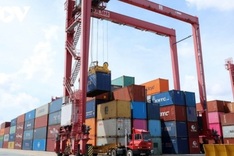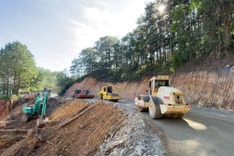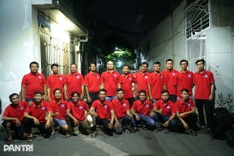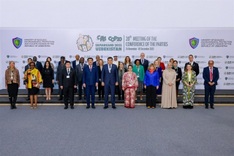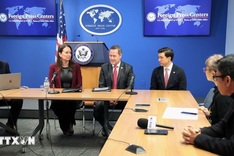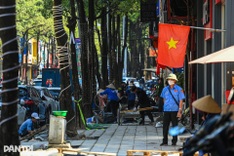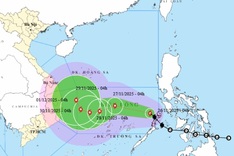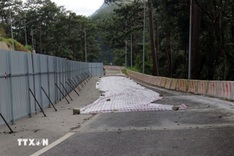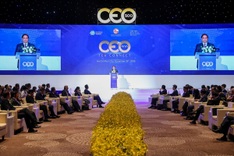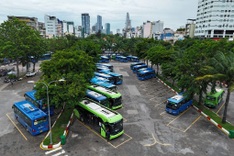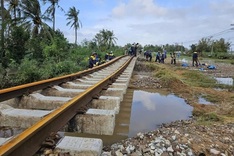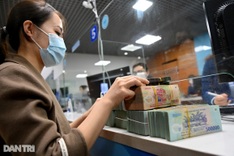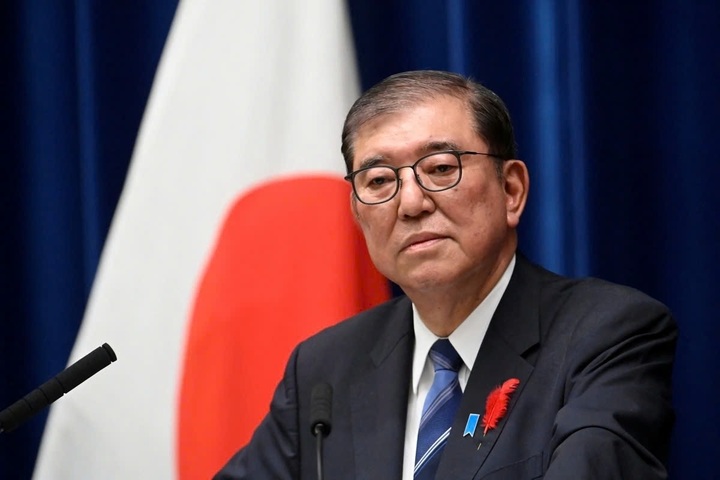
Japanese Prime Minister Shigeru Ishiba. (Photo Reuters)
Japanese Prime Minister Shigeru Ishiba and his spouse will pay an official visit to Vietnam from April 27 to 29 at the invitation of Prime Minister Pham Minh Chinh and his spouse, according to a press communique released by the Ministry of Foreign Affairs on April 23.
Vietnam and Japan established diplomatic relations in September 1973, and since Vietnam’s reunification in 1975, the two countries have established embassies and launched exchanges and delegation visits.
Both countries have steadily strengthened their bilateral ties over the past decades, from establishing a reliable and long-term stable partnership in 2002 and a strategic partnership for peace and prosperity in Asia in 2009 to upgrading it to an extensive strategic partnership in 2014 and a comprehensive strategic partnership for peace and prosperity in Asia and the world in 2023.
During a meeting with the press in Hanoi on April 23, Japanese Ambassador to Vietnam Ito Naoki stated that Ishiba’s upcoming visit is aimed at further strengthening relations with Southeast Asia, especially Vietnam.
He emphasised that Vietnam is a top priority in Japan’s foreign policy, as it is a country with a market of over 100 million consumers and high economic growth potential.
“I believe this is a time of great opportunity for Japan to consolidate and expand its relations with Vietnam, contributing to peace and prosperity in Asia and the world. The visit reaffirms that as Vietnam heads into a new era, Japan will continue to be its most important and best partner,” said the Ambassador.
He noted that Japan is focusing on three key areas in its cooperation with Vietnam - expanding investment and trade, strengthening security cooperation, and promoting people-to-people exchanges.
Through Ishiba’s visit, Japan seeks to boost priority areas for Vietnam, including digital transformation, green transition, semiconductors, and human resource training.
“There will be very concrete cooperation between the two countries during this visit,” the ambassador added.
In the energy sector, Japan is actively promoting the Asia Zero Emission Community (AZEC) initiative. Japanese companies have already invested around US$2.5 billion in renewable energy projects in Vietnam, including offshore wind and solar power.
Japan also began training Vietnamese personnel in semiconductors in December last year, with a formal training programme at the Vietnam-Japan University set to start this autumn.
The ambassador expressed hope that Vietnam’s ongoing reform efforts would lead to a more favourable investment climate, with simplified administrative procedures that help accelerate licensing and approval processes for Japanese businesses.
He also stressed that the Vietnam–Japan Comprehensive Strategic Partnership extends beyond bilateral ties, with both countries coordinating on regional and international issues.

